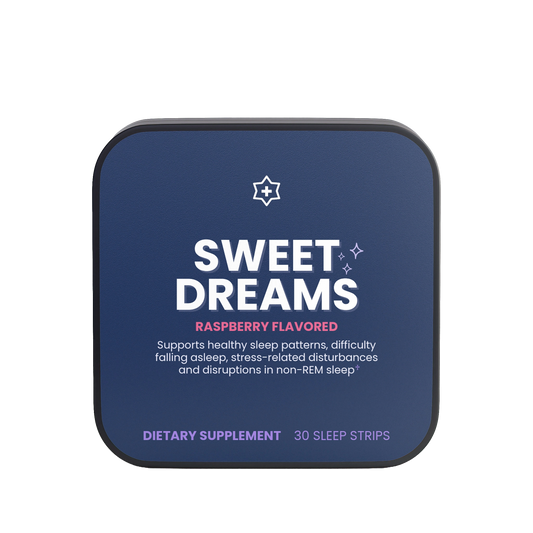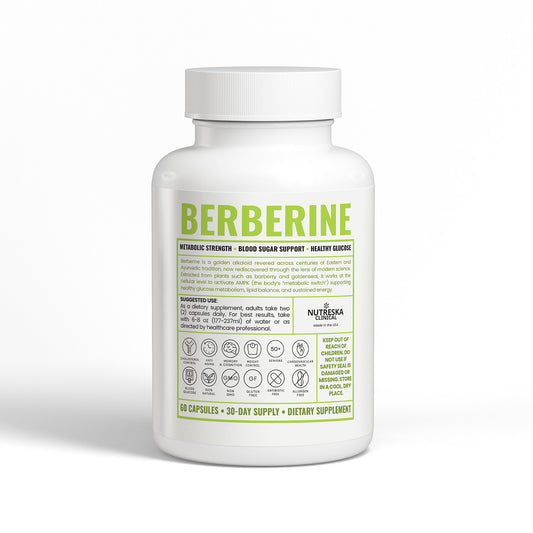Can You Take Sleep Gummies Every Night? Safety, Side Effects & The Best Dose

What’s Inside Sleep Gummies?
Most sleep gummies combine melatonin (your brain’s sleep-signal hormone), calming botanicals like chamomile, lavender, or valerian, and supportive nutrients (e.g., magnesium or B-vitamins).
Nutreska’s Dream Glow and Sweet Dreams use low-dose melatonin (≈1–3 mg) plus gentle botanicals—because dose determines both safety and effectiveness.

Is Melatonin Safe to Use Nightly?
- Low-dose melatonin (≈1–3 mg, up to 5 mg) is generally well-tolerated for healthy adults.
- High-dose melatonin (5–10 mg+) raises the chance of grogginess, vivid dreams, or hormonal disruption.
- The American Academy of Sleep Medicine emphasizes melatonin for short-term circadian issues (jet lag/shift work); low-dose nightly use is being studied for long-term safety.
The key is dosage + formulation: a clinical, gentle dose works with your circadian rhythm instead of overpowering it.
What About Addiction or Dependence?
Melatonin is non-habit-forming. It doesn’t force sleep like sedatives—it signals wind-down. Psychological reliance can happen, so pair gummies with strong sleep hygiene (consistent schedule, less evening blue light, cool/dark room).

Who Should Be Cautious?
Always talk to your clinician if you are:
- Pregnant or breastfeeding
- Taking meds for blood pressure, diabetes, or mood disorders
- A child/adolescent (use only under medical supervision)
So, Can You Take Sleep Gummies Every Night?
Most adults do well at ~1–3 mg taken 30–60 minutes before bed. Keep the room cool/dark and cut screens.
They can increase grogginess and odd dreams without better sleep quality. Save 5 mg+ for clinician-guided cases.
Prefer third-party tested gummies with low-dose melatonin plus calming botanicals.
Related: Melatonin Side-Effects: What to Expect & How to Avoid Them • Insomnia Guide: Natural Ways to Sleep Better
Dr. Maya Chen, PhD
Sleep & circadian educator for Nutreska Clinical. Focused on practical, evidence-based routines and gentle, low-dose formulations.
References & Further Reading
- National Center for Complementary and Integrative Health (2024). Melatonin: What You Need to Know. nccih.nih.gov
- American Academy of Sleep Medicine (2017). Clinical Practice Guideline for Pharmacologic Treatment of Chronic Insomnia in Adults. J Clin Sleep Med
- Ferracioli-Oda E., et al. (2013). Meta-analysis: Melatonin for Primary Sleep Disorders. PLoS One
- Zhou E.S., et al. (2022). Safety & Effectiveness of Melatonin for Sleep Disorders in Adults. Nat Sci Sleep










